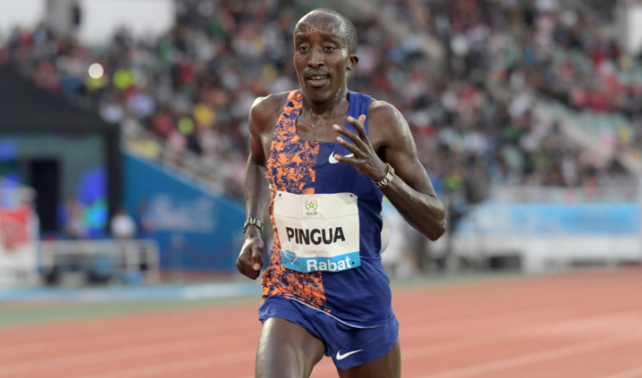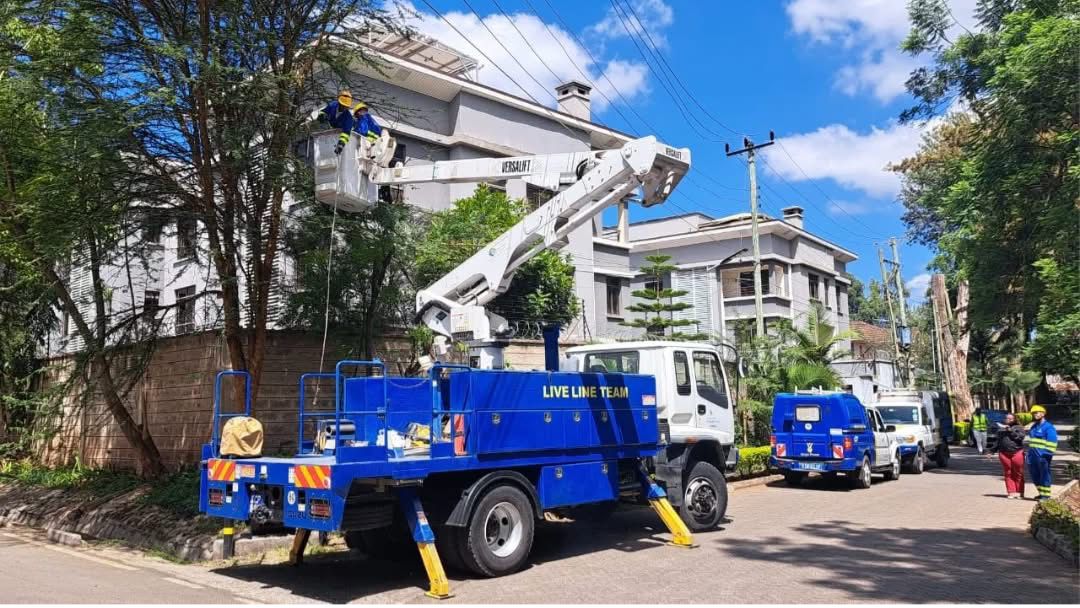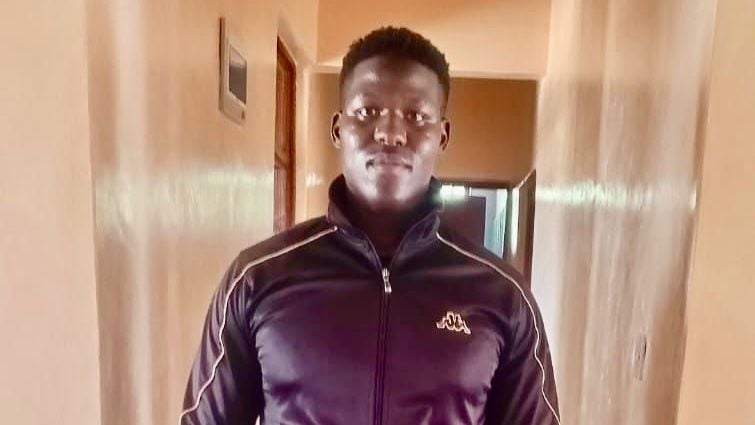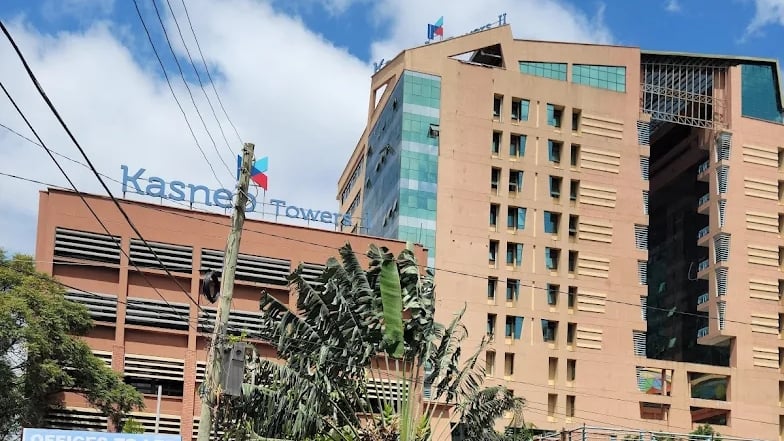The Anti-Doping Agency of Kenya (ADAK) has broken its silence on allegations of misconduct in handling a disciplinary case involving former Commonwealth Games athlete Edward Zakayo Pingua.
In a statement dated Monday, October 6, ADAK refuted claims that have been circulating on social media, stating that all anti-doping cases in Kenya are managed in strict compliance with international standards.
The agency was responding to a viral Facebook post titled "Why I Left Athletics" attributed to Zakayo. The post contained serious allegations about ADAK's handling of his disciplinary case and claims of harassment involving the athlete.
According to the press release, ADAK emphasized that all Anti-Doping Rule Violations cases are handled in accordance with the Anti-Doping Act (2016), the ADAK Anti-Doping Rules, the World Anti-Doping Code, and International Standards for Results Management (ISRM).
The agency clarified that athletes are informed of their right to legal representation and may choose a lawyer of their preference. In cases where an athlete lacks resources, the Sports Disputes Tribunal facilitates access to independent pro bono counsel.
Read More
"The Sports Disputes Tribunal (SDT) is a neutral judicial body that operates independently of ADAK. Virtual online hearings are internationally accepted and adopted to ensure accessibility and timeliness, especially for athletes residing outside Nairobi," the statement read.
The anti-doping body strongly denied claims of harassment, intimidation, or unauthorized visits to any athlete's home or premises.
"ADAK denies any form of harassment, intimidation, or unauthorized visits to any athlete's home or premises. All interactions with athletes are official, documented, and guided by Anti-Doping Act (2016), the ADAK Anti-Doping Rules, the World Anti-Doping Code, and international standards," the statement emphasized.

ADAK referenced a case heard and determined by the Sports Disputes Tribunal on May 8, 2025 (SDTADK No. E072 of 2024, Anti-Doping Agency of Kenya v. Edward Zakayo Pingua), in which the tribunal confirmed two Missed Tests conducted on April 3 and April 13, 2024, resulting in one Filing Failure (Q1/2024).
The tribunal noted that explanations regarding the loss of a mobile phone and limited access to ADAMS (the anti-doping database) were insufficient justifications for the failures. SDT determined that maintaining accurate whereabouts information remains the athlete's responsibility under the strict-liability framework.
"The tribunal also noted that the athlete received formal notice, was provisionally suspended in line with the Rules, responded in writing, and the matter was heard by the SDT, resulting in a reasoned written decision with a right of appeal," ADAK stated.
In his social media posts, Zakayo, a former Commonwealth Games 5,000m bronze medallist, had expressed frustration over how his case was handled, sharing detailed accounts titled "Why I Left Athletics" and "My Truth."
He alleged that ADAK kept calling him to Nairobi for hearings held virtually instead of in a proper courtroom, and that the lawyer was not his choice.
"On several occasions, I could not attend because of financial difficulties. These challenges pushed me into a corner, and I reached a point where I had to make a painful decision," Zakayo wrote.
After struggling financially in Iten, Zakayo said he returned to his home in Narok, where a friend, Jonathan Sadera, offered him work as a tour guide at the Maasai Mara.
"This opportunity gave me a new start and even took me to the Serengeti National Park in Tanzania," he said. "Although I tried to rebuild my life, ADAK continued to send strangers to my home, intimidating my family as though I had committed a serious crime."
"I never attempted to dope. I never avoided ADAK or IAU testing. My profile remains clean," he insisted.





-1772458092.jpg)
-1772456632.png)